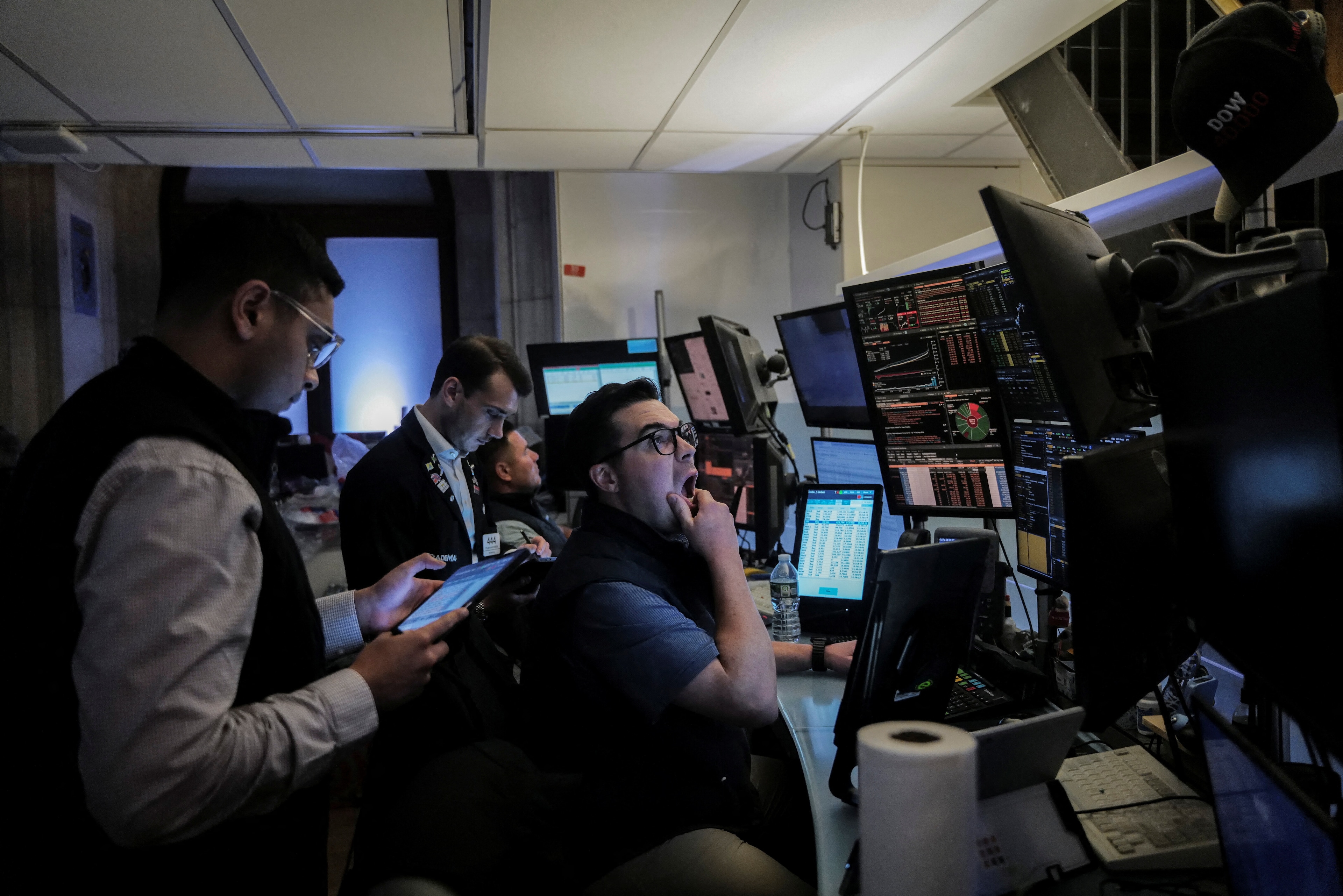Workers rights continue to erode – what can we do to restore them?
How can we preserve much-needed workers rights?
Image: REUTERS/Hazir Reka
Stay up to date:
Future of Work
- Violations of workers rights are at the highest level for seven years, finds the ITUC Global Rights Index 2020.
- The pandemic has highlighted the lack of basic rights, such as sick pay and free healthcare.
- The world needs a new social contract to end inequality, according to the head of the ITUC.
- This includes governments and employers working together to create resilient economies.
Violations of workers rights have reached a seven-year high, leaving workers in many countries exposed to the worst effects of the pandemic, according to a new global survey.
The International Trade Union Confederation (ITUC) Global Rights Index 2020 says 85% of countries have curtailed the right to strike. And in the worst-affected nations, workers have been attacked and even killed while trying to protect basic employment rights.
ITUC General Secretary Sharan Burrow has called for a new global social contract to redress the balance, restore workers rights and address a fundamental imbalance in a global economy that fails to protect workers.
Recovery from the pandemic presents an opportunity to create “a new model for the global economy”, she says in the report, noting workplace democracy should be recognized as the foundation of democratic societies and resilient economies.
Burrow’s comments underscore the World Economic Forum’s call for a Great Reset after the pandemic with an emphasis on equality and sustainability powered by the technologies of the Fourth Industrial Revolution.
What is the World Economic Forum doing to manage emerging risks from COVID-19?
Inequality exposed
The pandemic has highlighted inequality and although the worst impacts on jobs and human rights have been in the developing world, Burrow says many workers in developed nations have been left without sick pay or basic healthcare.
Only a fifth of developed nations provide paid sick leave for some workers and half of the G20's richest nations provide no free public healthcare. Even where sick leave is paid, workers in the informal or gig economy are not covered.
The index says the United States has the worst record on workers rights of the G7 leading economies, where employees who lose their jobs often lose healthcare as well as their income. Globally, 70% of workers have no social protection.
Building better
In an interview for the World Economic Forum, Burrow said some companies have treated workers well. “But there are many businesses who have simply taken an opportunity to lay off staff, in some cases, taking money from government support and still laying off staff,” she said.
Describing the situation as “unconscionable” for workers rights she added: “In the developing economies where the virus is only just starting to spread, the health fallout could be disastrous. When you consider that only 21% of countries in the richer world are providing paid sick leave, that's a disaster of humanitarian crisis levels.
“We have to look at how you build a better economy with the convergent crisis of the environment not going away. The underlying inequality crisis was already fragmenting our societies and creating an age of anger.
“So it's time for social dialogue. It's a time for rapid response from governments. The multilateral environment's been found wanting. We've all been saying it's in crisis, but now it's basically hardly there at all,” she added.
‘A new social contract’
Developed nations should work with the developing world to ensure no nation is left behind, said Burrows. “We need a new social contract. How do we balance sustainability, inclusiveness, decent work, human and labour rights and make a future where the world is more equal but also much more stable?”
Burrows emphasized the central role of women in building a better future. “Women's leadership is critical because women hold the fabric of our societies, communities and economies together,” she said.
Calling for an end to the “profit at all costs mentality”, Burrows urged workers, employers, civil society and governments to come together to build an economic future that put people first and respected the planet.
Best and worst nations for workers rights

The ITUC Global Rights Index has tracked violations of internationally recognized labour rights by governments and employers for the past seven years and categorizes 144 nations according to their compliance with employment and human rights.
None of the nations in the Index escapes criticism but the 12 nations in the top category – “Sporadic violations of rights” – are: Austria, Denmark, Finland, Germany, Iceland, Ireland, Italy, the Netherlands, Norway, Slovakia, Sweden, and Uruguay.
Eight countries have seen their ratings improve, including Argentina, Canada and Vietnam.
Accept our marketing cookies to access this content.
These cookies are currently disabled in your browser.
Accept our marketing cookies to access this content.
These cookies are currently disabled in your browser.
Don't miss any update on this topic
Create a free account and access your personalized content collection with our latest publications and analyses.
License and Republishing
World Economic Forum articles may be republished in accordance with the Creative Commons Attribution-NonCommercial-NoDerivatives 4.0 International Public License, and in accordance with our Terms of Use.
The views expressed in this article are those of the author alone and not the World Economic Forum.
Related topics:
Forum Stories newsletter
Bringing you weekly curated insights and analysis on the global issues that matter.
More on Jobs and the Future of WorkSee all
Maha Hosain Aziz
August 20, 2025
Laurel Taylor
August 18, 2025
Antara Choudhury and Vivin Rajasekharan Nair
August 14, 2025
Atul Kumar
August 12, 2025
Shuvasish Sharma
August 6, 2025
Samuel Alemayehu
August 5, 2025






